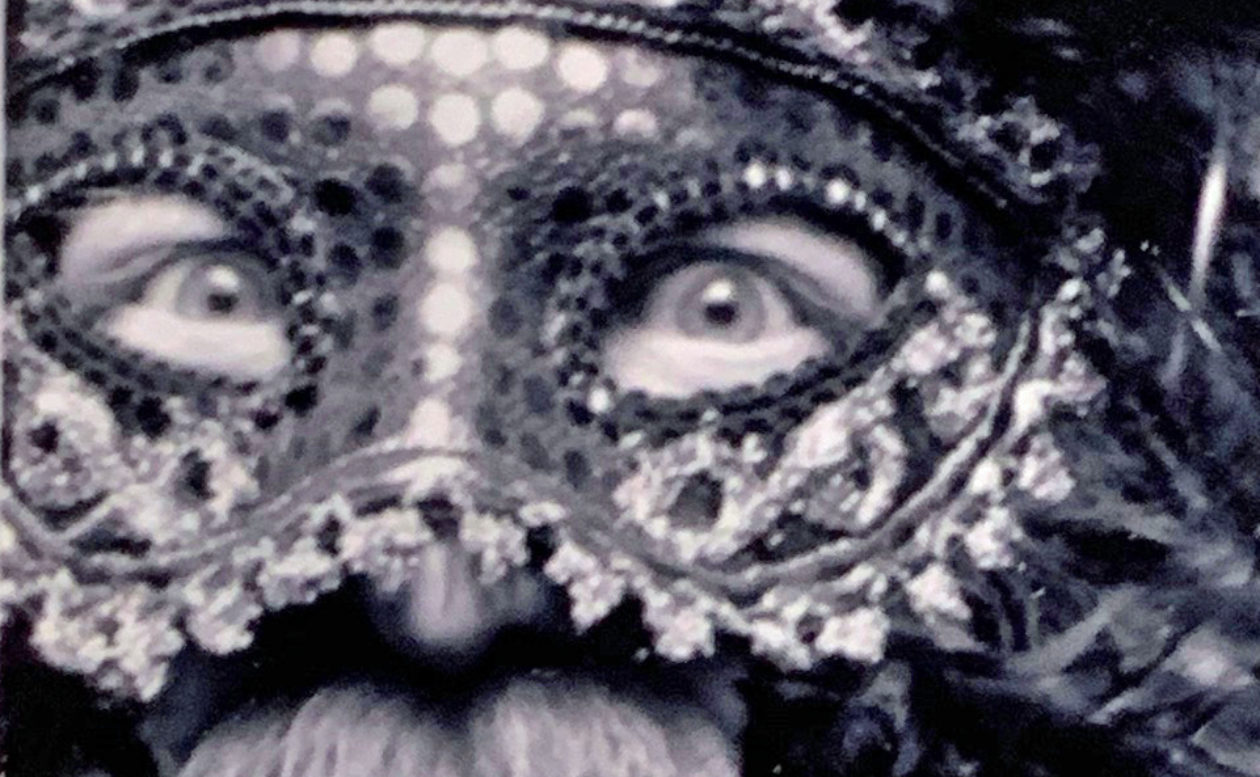
This is the twentieth novel in the Dave Robicheaux series. If you have read and enjoyed the earlier ones, you will enjoy this one too. And if you have not read any of the earlier efforts by Burke in the series, this is not the place to start. Start with Creole Belle. This series and this character have both grown over their career-long development. I do hope there is at least one more Robicheaux novel set in Louisiana.
All of our favorite characters are present and accounted for: Dave Robicheaux, Clete Purcell, Dave’s daughter Alafair Robicheaux, Clete’s daughter Gretchen Horowitz. And bad guys. No one paints better bad guys than Burke. In this case, Asa Surrette is an asshole, a first class asshole. He even stinks of shit, literally. Kidnapper, rapist, murderer, mass murderer, torturer. More. A deeply committed asshole…with skills.
The first third of the novel goes to great lengths to set up tension between Dave and Clete on one side and the official law enforcers of a rural Montana County on the other. That is what Clete is for. Everyone knows Clete just wants to get stuff done and he doesn’t care too much about the bright line of the law. He is a P.I. after all. Dave’s job is to keep Clete just on this side of legal. He often fails.
As usual, Burke’s general themes play out at length. What is the source of evil? What are “good” men to do about the problem of evil? Can we get in the ring with evil and get out without its stink clinging to us? Toward that purpose, we get passages like this: “The evil in our lives comes from men’s greed, and the manifestation of that greed is in the corporations that cause the wars.” (252)
At least we can agree on politics.
But what of mortality? How long should a man live in the face of evil? When have we had enough? Albert is a teacher of creative writing who has lived longer than he thought and longer than his wife. He also had Asa Surrette as a student at some time in the past. How does Robicheaux feel about Albert? “I loved Albert and felt bad for him. I hadn’t meant to hurt him or remind him of the loss of his wife or call up the feelings of loneliness and mortality that beset all of us when we live longer than perhaps we should.” (252) In short, Burke is reaching for an elusive thread that reveals that “good guys” and “bad guys,” if they live long enough, are not very clearly different from each other. Some pessimism, I suppose. But the older I get, the truer it feels to me.
And later, one more distinction to draw: malevolence as it relates to evil. There are lots of cruel people. But even in understanding that, Burke offers this apologia. Robicheaux says, “I have known many cruel people in my life. Their cruelty, in my opinion, was the mask for their fear. It’s as simple as that.” (280) I must concur. I’ve never known a bully who wasn’t a coward; I’ve never known a cruel person who wasn’t fearful of someone being cruel to them first. Can we still love humanity if we know these things?
If all of this existential dourness is true, what is the point of reading a Dave Robicheaux novel? Or reading at all? Or breathing?
“I have never set much store in psychological stability or what we refer to as normalcy. I don’t believe the world is a rational place; nor do I believe that either science or the study of metaphysics can explain any of the great mysteries. I have always fled the presence of those who claim they know the truth about anything. I agree with George Bernard Shaw’s statement that we learn little or nothing from rational people, because rational people adapt themselves to the world and, consequently, are seldom visionary.” (604)
And so, throughout history, the artists have thrown in with the crazy, the deluded, the drunkards, the addicts, the other artists.
Whether we like it or not, we are approaching the end of the life of Burke. He has written a shelf-full of fiction and what does a writer like that generate after a lifetime of examining the human condition? How about this pearl?
From the epilogue, Dave Robicheaux says:
“I have never bought into the notion that time is linear, in the same way I feel that straight lines are a superimposition on the natural world and contravene the impetus that drives it. All matter aspires to roundness and symmetry, in the same way that seasons are cyclical and that God in His way slays Himself with every leaf that flies. In other words, inside eternity, the alpha and omega meet and end at the same place. I guess a simpler way of saying it is that things are often not as they appear.” (627)
Thus it is with evil.
 I don’t want anyone to think I have any sympathies toward the new Administration, I don’t. But I get how they got elected. (I’m more than a little concerned that the Party of “Left” is still seeking insight.)
I don’t want anyone to think I have any sympathies toward the new Administration, I don’t. But I get how they got elected. (I’m more than a little concerned that the Party of “Left” is still seeking insight.)

